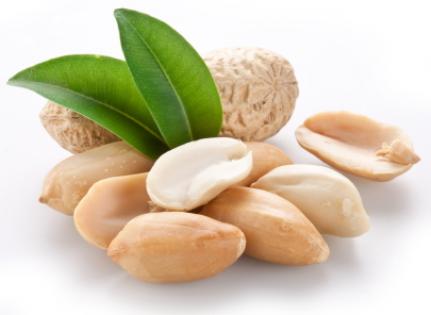Peanut and tree nut allergy incidence is lower among children whose mothers ate them during pregnancy, according to study from Boston Children's Hospital (BCH) published last month in the online journal JAMA Pediatrics.
“Our study showed increased peanut consumption by pregnant mothers who weren’t nut allergic was associated with lower risk of peanut allergy in their offspring,” said Dr Michael Young, from BCH’s Division of Allergy and Immunology and the study’s senior author.
“Assuming she isn’t allergic to peanuts, there’s no reason for a woman to avoid peanuts during pregnancy,” he said.
Previously, women had been advised to avoid highly allergenic foods such as peanuts and tree nuts during pregnancy and while nursing, and their children should avoid peanuts until three years of age. BCH researchers said the goal of these recommendations, despite a lack of supporting research, was to minimise early allergen exposure and sensitisation, thereby reducing the risk of developing childhood peanut allergy. The American Academy of Pediatrics (AAP) endorsed these recommendations in 2000.
However, from 1997 to 2007, the number of peanut allergy cases in the US tripled, leading the medical community to re-examine its recommendations. Based on the lack of evidence supporting the dietary avoidance, the AAP rescinded the recommendation in 2008.
In Australia, food allergies affect 10% of infants, 4-8% of children aged between 5 and 13 years, and roughly 2% of young people over 13.
Among children, peanuts are the most common food allergy (along with cow’s milk and egg), affecting an estimated 3% of Australian children by the age of 12 months. Nearly 80% of those with peanut allergy did not grow out of the problem.
The mainstay of treatment for peanut allergies is food avoidance and, for those considered a higher risk of having a potentially dangerous reaction, an adrenaline auto injector can also be provided. But treatments involving “switching off” allergies are currently being researched. US research from August last year identified the enzyme that is essential to the allergic reaction to peanuts.
“No one can say for sure if the avoidance recommendation for peanuts was related to the rising number of peanut allergies seen in the late 1990s and early 2000s, but one thing is certain: it did not stop the increase,” Dr Young said.
“It was clear that a new approach was needed, opening the door for new research,” he said.



















__small.png)










